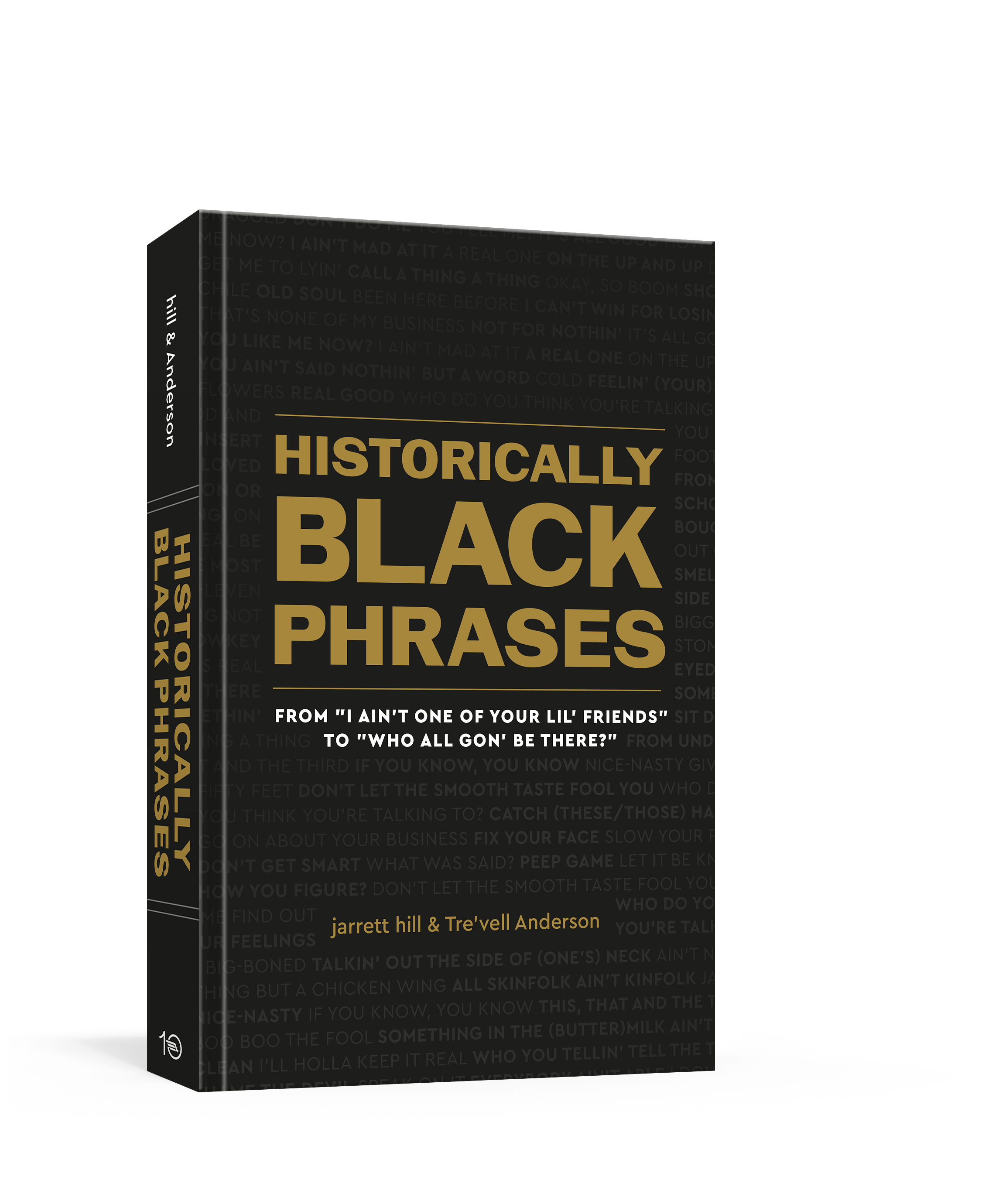Word of the Day
Why Dictionary.com chose selcouth
More about selcouth
- Selcouth is an archaic word that appeared in English before 900.
- Selcouth comes from the Old English word seldcūth, which means “seldom couth.”
- The couth part derives from an older meaning of couth, “known or acquainted with.”
- Literally, selcouth means “seldom known.”
EXAMPLES OF SELCOUTH
- It was very selcouth and unsettling to see the empty streets that night.
- Her voice had a selcouth lilt to it that indicated she might not feel comfortable.
debuff
verb
(in a video game) to decrease a character’s or characters’ attributes or abilities with a spell, skill, or item.
Why Dictionary.com chose debuff
More about debuff
- The buff part of debuff originally comes from buffalo, whose leather was used to polish metal in the 1800s.
- Buff became a verb by 1849, meaning “to polish or shine.”
- A century and a half later, buff was used to describe someone who was physically fit.
- Buff, “strong and muscular,” is what gamers had in mind in the mid-1990s when they began to buff up their characters in role-playing games.
- The opposite of buffing a player is debuffing them, which was first recorded in 2000–05.
EXAMPLES OF DEBUFF
- The mage cast a powerful spell to debuff the enemy, reducing their strength and making them easier to defeat.
- The potion she drank debuffed her opponent’s defense, giving her an advantage in the battle.
tea
noun
interesting or confidential information; gossip; news.
Why jarrett hill & Tre'vell Anderson chose tea
Tea—a hot term that many may not know comes from Black drag culture—is the talk of the town, thanks to award-winning journalists and creators jarrett hill & Tre'vell Anderson's new book, Historically Black Phrases, published by Ten Speed Press from Penguin Random House. In this video, get the tea on tea straight from jarrett hill & Tre'vell Anderson:
More about tea
Tea, as dished about in jarrett hill and Tre’vell Anderson’s new book, Historically Black Phrases, out now from Ten Speed Press from Penguin Random House:
PRONUNCIATION
Phonetic.
TRANSLATION
“Information.”
USAGE
A foundational piece of Black queer language that originated in Black drag culture. Describes potentially unknown or little-known information; it can be obvious or take some discerning.
EXAMPLE
Ryanne arrived to the after-party late. “What’s tea, sis?” she said to her bestie Mika, sensing she’s just missed something. “Apparently Simone’s boyfriend and side piece are both on their way,” Mika whispered.
ORIGIN OF TEA
- Tea may have come from the celebrated drag performer The Lady Chablis, who is quoted in the 1994 bestseller Midnight in the Garden of Good and Evil: “Yeah, my T. My thing, my business, what’s goin’ on in my life.” T, here, is short for truth.
- The slang tea may riff on The Lady Chablis’s T as well as on tea parties, at which well-to-do Southern women are popularly imagined to gossip.
- Tea spread thanks in part to RuPaul’s Drag Race starting in 2009. The reality show frequently uses (spilling the) tea for “gossip.”
